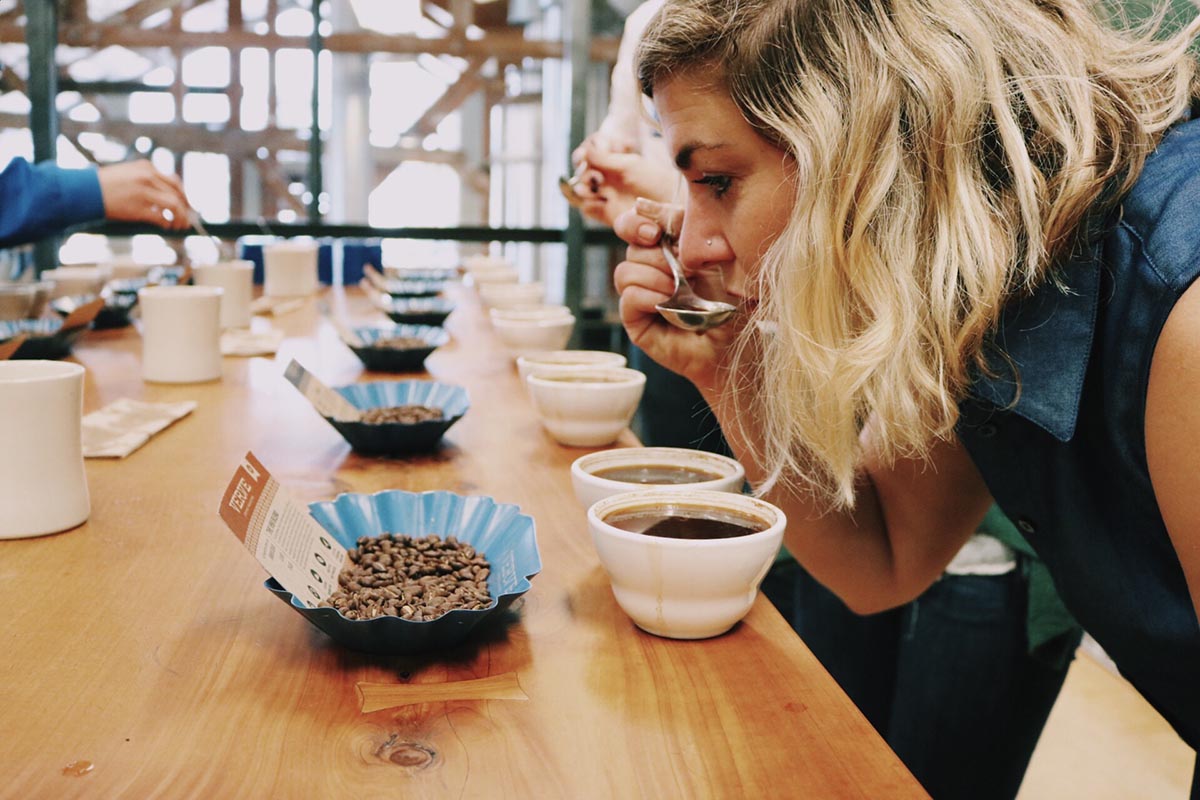What's the quality of Zimbabwean coffee? Zimbabwe Starbucks coffee

Professional coffee knowledge exchange more coffee bean information please follow the coffee workshop (Wechat official account cafe_style)
Africa is like everyone's impression that they have higher temperatures and less moisture. So for beans on the African side, most of them are treated in the sun. Because the sun exposure is done directly in the open space, there may be some sundries, such as grains, small stones, and small worms. The beans processed by it have a relatively high defect rate, but the coffee in Africa also has considerable characteristics, the acidity is very obvious, and then the aroma is also very strong. This is what we have seen some official information, or what people say to the outside world.
I will share with you an idea, that is, after buying coffee beans, try to recreate the flavor of their narration. But there is actually a gap between this narrative and our own drinking. This gap may be your personal preference, or it may be the smell we smell or drink from our noses, and there will be some differences between the perception of these official messages and those released by us.
Zimbabwe's coffee belt is still perfect for growing coffee beans because of its high mountains and cool climate. The country was once famous for the "ultra-high quality" and flavor of its coffee beans. In the 1990s, it produced some of the best coffee in the world, creating, like South America and Kenya, vital foreign exchange and livelihoods for many workers and small-scale farmers as well as large commercial farms. "
But the coffee industry is in decline, with many coffee processing plants abandoned and farmers saddled with financial debt. Coffee plantations in Zimbabwe occupy only 2225 hectares of land, and coffee production in Zimbabwe is a high-risk undertaking.
Zimbabwe is located in the south of Africa, with Mozambique to the east. Its main coffee beans are grown in the east. The main coffee producing areas are Manyika Blue and Mashonalan, of which Qiping's coffee is the best in Zimbabwe.
It's of.
Zimbabwe coffee beans have an obvious sour taste similar to Kenya. The difference between Zimbabwe coffee beans and Kenyan coffee beans lies in the pepper flavor, which is a distinguishing feature.
Important Notice :
前街咖啡 FrontStreet Coffee has moved to new addredd:
FrontStreet Coffee Address: 315,Donghua East Road,GuangZhou
Tel:020 38364473
- Prev

What makes coffee smell? How do we smell coffee?
Professional coffee knowledge exchange More coffee bean information Please pay attention to coffee workshop (Weixin Official Accounts cafe_style) We enjoy the unique flavor and rich aroma of coffee, chocolate, caramel, nuts, fruits and flowers, which may be felt when brewing coffee or sipping coffee, but what chemical reaction is there? Each sensory trait is produced by different chemical and biological processes.
- Next

Ethiopia mocha coffee Starbucks Ethiopia Ethiopia
Coffee workshop (Wechat official account cafe_style) Yamen is located in the Asian continent of the Arabian Peninsula, but very close to the African continent just across the Red Sea and the Gulf of Aden Gulf of Aden to, however, other Arab countries do not produce coffee, so the world has classified Yemen coffee as a member of North Africa coffee. that
Related
- Beginners will see the "Coffee pull flower" guide!
- What is the difference between ice blog purified milk and ordinary milk coffee?
- Why is the Philippines the largest producer of crops in Liberia?
- For coffee extraction, should the fine powder be retained?
- How does extracted espresso fill pressed powder? How much strength does it take to press the powder?
- How to make jasmine cold extract coffee? Is the jasmine + latte good?
- Will this little toy really make the coffee taste better? How does Lily Drip affect coffee extraction?
- Will the action of slapping the filter cup also affect coffee extraction?
- What's the difference between powder-to-water ratio and powder-to-liquid ratio?
- What is the Ethiopian local species? What does it have to do with Heirloom native species?

